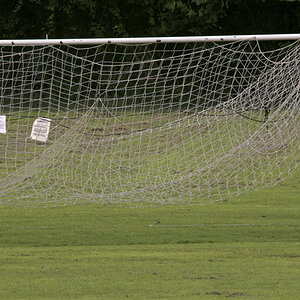Epiphany
TPF Noob!
- Joined
- Jun 19, 2011
- Messages
- 54
- Reaction score
- 1
- Location
- Waukesha, WI
- Can others edit my Photos
- Photos OK to edit
Not sure what the legalities are when photographing at a public event. I helped organize our local Easter Egg Hunt this year. We of course want photos to help promote the event for next year. I mostly took photos of the group at large. Mostly peoples backs or far enough that faces weren't in great detail. The up close photos I did take of people were of the volunteers helping for the day and our local Police and FD personnel or my own kids.
With that being said, I am just starting out with my photography business and do have an LLC. Am I best off watermarking my images or not? I did copyright them. I am protected by my LLC, in that they could go after my business only. Worried about sue happy people and my rights as a photographer. I know, I know.....don't ask legal advice online. Looking for some insight. I could be over thinking this completely! Thanks!!
With that being said, I am just starting out with my photography business and do have an LLC. Am I best off watermarking my images or not? I did copyright them. I am protected by my LLC, in that they could go after my business only. Worried about sue happy people and my rights as a photographer. I know, I know.....don't ask legal advice online. Looking for some insight. I could be over thinking this completely! Thanks!!





![[No title]](/data/xfmg/thumbnail/33/33023-51777cffdd160249e68e593d19942418.jpg?1619735835)




![[No title]](/data/xfmg/thumbnail/34/34120-9085bc65df236ba03977d33a60b852d3.jpg?1619736290)
